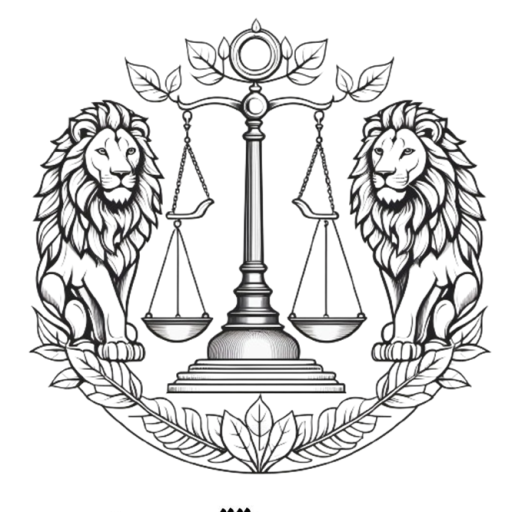Bozorgmehr Zandi1, Ali Mikaeil1, Amirali R. Davoudpour1
1- Iranian Canon of Medicine and Law, Administrative Wing of Law and Healing association, Iranian Watchdog of Medicine and Law
Email of the corresponding author: davoudpour@canmedlaw.org
Accepted and published April, 2024
This article is published under CC BY creative common license that Allows others to distribute, remix, adapt, and build upon the work, even commercially, as long as they credit the original creator.
Abstract
This article explores the multifaceted concept of civilization, highlighting various interpretations that range from the advancement of technology and automation to the essence of human resilience and authenticity. By delving into historical and philosophical perspectives, it examines the notion of the “Great Civilization,” particularly through the lens of Iranian history and the vision of the late Shah of Iran, Mohammad Reza Pahlavi. Despite his ambitious aspirations, the movement towards a Great Civilization faced setbacks, suggesting a paradoxical regression rooted in the intrinsic Platonic “form” of Iranian civilization. The article argues that civilization’s progress is not always linear, as demonstrated by the historical trajectory of Iran. The Industrial Revolution’s shift towards automation and its economic implications are discussed, raising questions about the future direction of civilization and the potential dominance of human essence over robotic precision. Through philosophical and sociological lenses, the article concludes by pondering the future of civilization, considering whether it will be characterized by the nullification of human essence or a reaffirmation of human prowess. This discourse reflects the dynamic and evolving nature of civilization itself.
